#makeITsafePH| No Such Thing as Privacy on the Internet? Here’s How You Can Prove Them Wrong
We live in a world that is becoming more connected than ever, thanks to the internet. But along with this benefit is a tradeoff to reveal more of ourselves than otherwise would be necessary.
Although there is nothing wrong with telling much about ourselves, too much information can also be detrimental to your welfare. The information you gave away—whether intentionally or otherwise—can be easily be used against you, particularly for malicious intent.
For instance, when someone knows everything there is to know about you, your unique identity can be used to catfish another person while masking the real culprit behind the act. Coincidentally, your real-life persona may even be used for the culprit’s own advantage at your expense like using your image to gather favor from others while unwitting to yourself.
Not just individual persons are the only ones you should be guarding your personal information against as even companies too are after your personal data. Your information may seem like a string of alphanumeric characters that identifies you as a person, but companies find value in such information that can make them money with the right usage.
Just think about this: How do you think a social media such as Facebook make a profit when its usage does not cost a single penny from users? Basically, the information you give or share to the platform is the payment you make for it. While sharing personal information online per se is not necessarily wrong, any data that we shared online can be taken advantage of other people with the wrong intentions.
Given this, Globe Telecom created a cybersecurity and cyber wellness campaign dubbed as #makeITsafePH.
Here are some effective ways you can safeguard your personal information from predation:
Be anonymous even in social media
Many easily fall into the trap of social media in that they are willing to share everything about themselves in it, particularly their real-life information such as address, contact number, and email address. Although some popular social media may ask for this info, it does not mean you should comply, especially when it is completely optional.
If you are only using your personal social media account to connect with people you already know in real life, all the more reason you should not disclose any personal info which any prying eyes can see. After all, if you really know them in person, there’s a good chance they would already know much about you to require referencing on your social media account.
Do not share sensitive information online
There are many instances you would come across that would opt you to disclose sensitive information about yourself such as your social security number or your ATM number. While there are legitimate reasons why that is so, not all of them are. Sometimes, you could also fall victim to the so-called phishing scam.
Like a fish which does not want to get caught and consequently be eaten, do not fall to any phishing trick where you are asked to fill sensitive information in an unsecured platform, even in your inbox.
One way to spot whether an instance is a likely scam or not is to check the email address sender of an email which asked you for your sensitive information or by checking on the URL bar if the website contains “https” (secured) on it and not just “http.”
Although a phishing attempt may seem convincing in appearance, especially in email, there are still some hallmark of a scam in it like a weirdly thought out email address or a website with just “http” and not “https” on its URL.
Make private browsing a habit
Many of us neglect the need to clear our traces when using the internet via the web browser. Just because our modems or router are designed to generate new IP addresses per every reboot, it does not mean that you cannot be tracked. That simply is not true. The notion is even especially problematic if you are a raw web surfer (without a virtual private network (VPN) in place) and is not incognito with your browsing habit.
If you are not subscribed to a paid VPN subscription, make use of private browsing at least in order for the browser to do auto-cleanup of some of your footprint online.
Make use of password vaults
The need to create a very strong password remains a critical step in keeping our personal information safe and is the reason why algorithms like password vaults have become a significant part of safe account management.
Sure, you may be able to generate your own version of a strong password by making a hodge-podge of alphanumeric characters as well as symbols. But the problem of doing it manually is of the great chance you might just forget it, particularly after some time of not use. That is not normally the case with password vaults like LastPass.
Enable 2-factor authentication
Protecting an online account is more robust now than ever thanks to algorithms like the 2-factor authentication system which requires unique codes whenever you log into an account.
What makes this system so effective in ensuring the safeguard of an account is due to the role of a person’s private mobile number as a critical piece of channel for the login information.
Set up Google alert
Frightened that someone might already be using your online account at your expense? Why not set up a Google alert in order to be notified of anything which might be concerning to you?
Minimize Buying Online
I know avoiding buying online is quite impossible today. Not many are willing to give away the convenience of being able to purchase some things online. But if you truly want to be free from the prying eyes of businesses which operate in the virtual world, do not give them a chance to get a hold of your purchasing habit by not making one at all.
Instead of doing online transactions, go traditional by going to the nearest store and pay everything with either paper cash or coins or even both.
Some online shops are also offering COD or cash on delivery, this option for me is better.
About #MakeItSafePH
Being a purveyor of the digital lifestyle, Globe Telecom came out with cybersecurity and cyber wellness campaign, the #makeITsafePH. Its objective is to educate consumers about online threats and what they can do to avoid becoming a victim. The campaign also teaches the public proper online etiquette so that they would not become a source of such deplorable behavior.

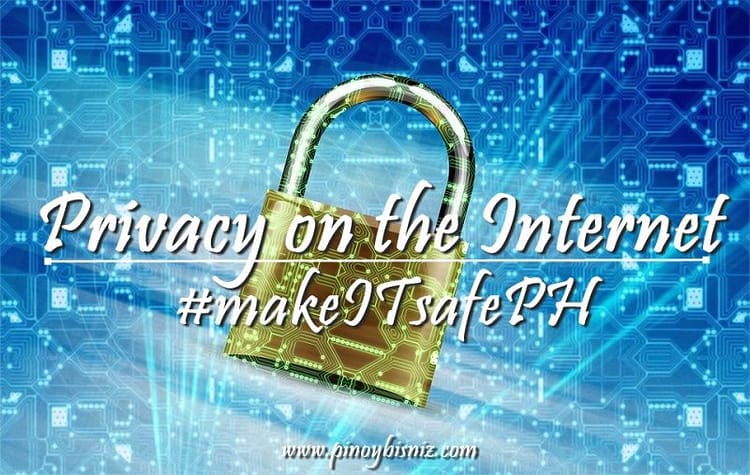


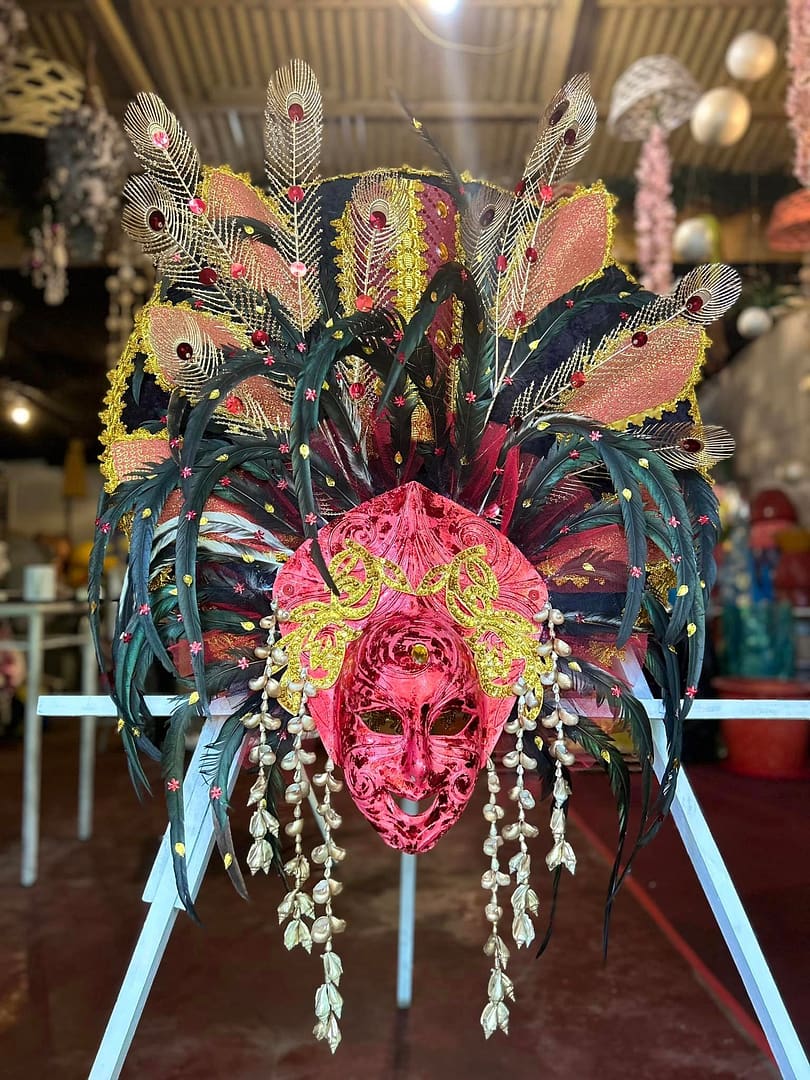
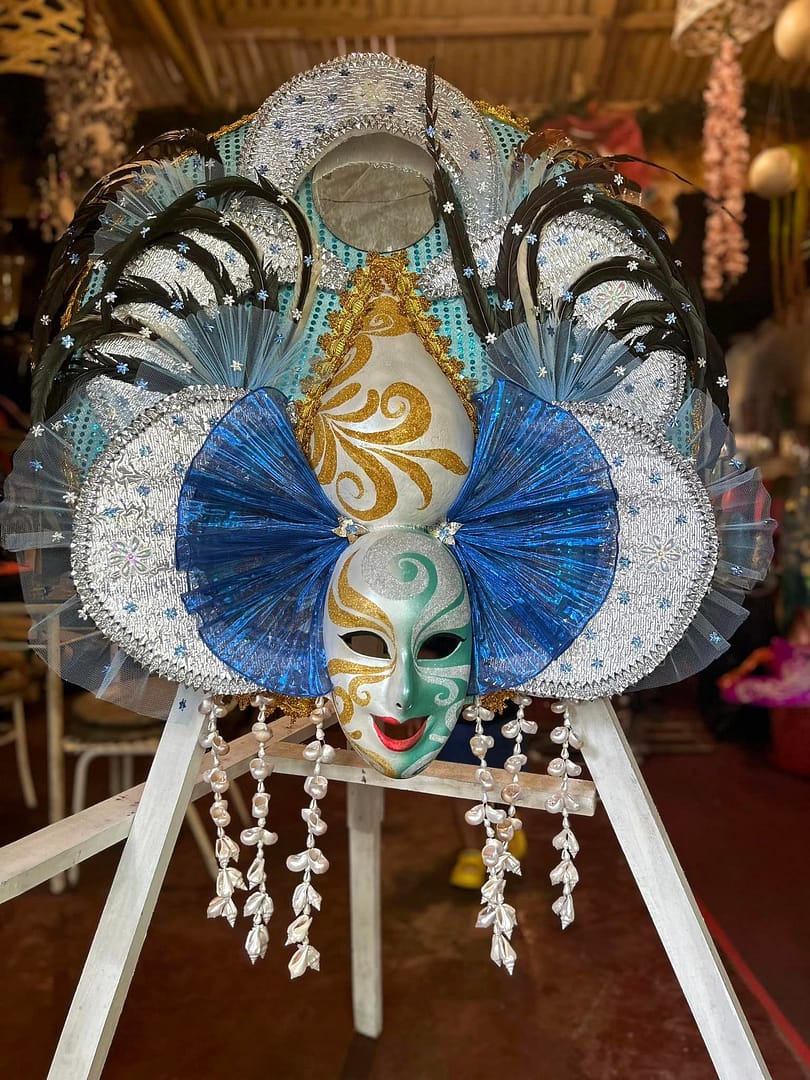
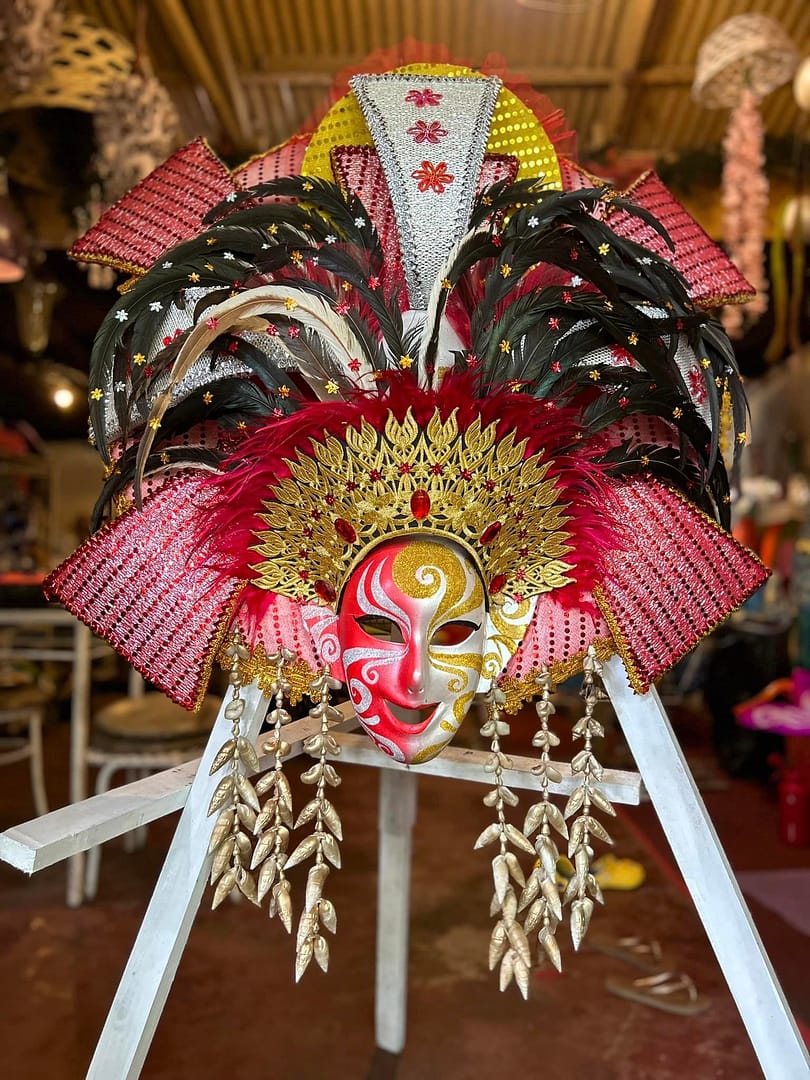
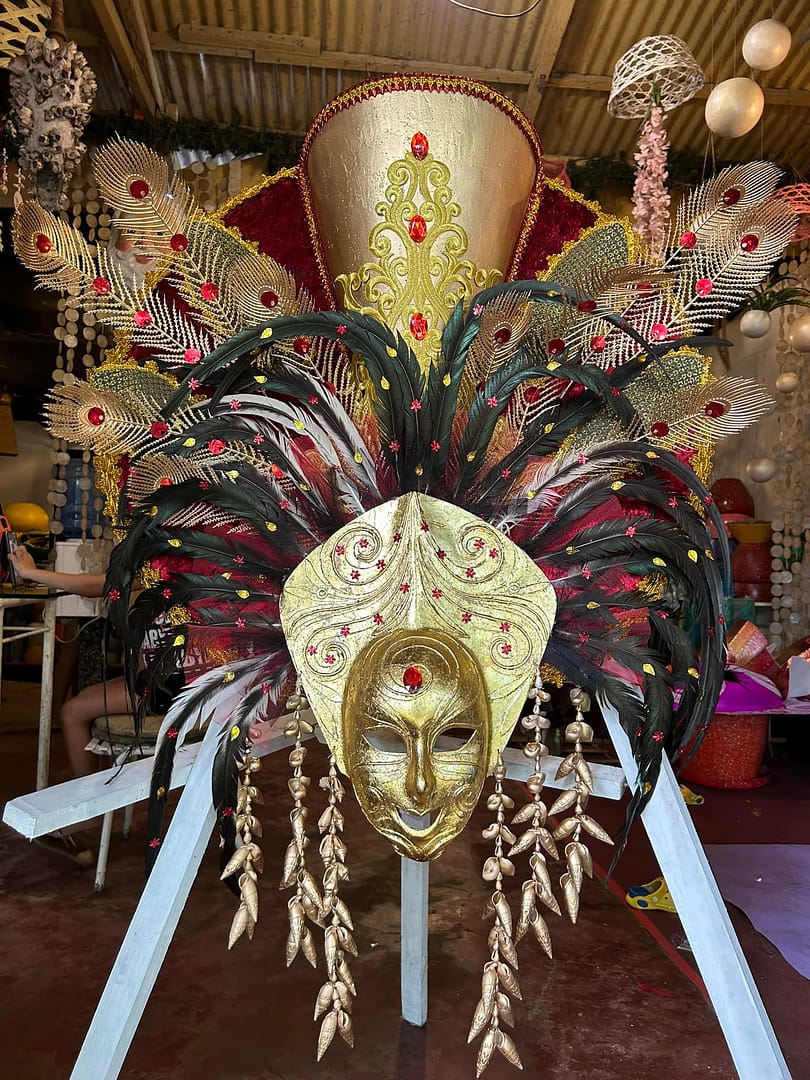
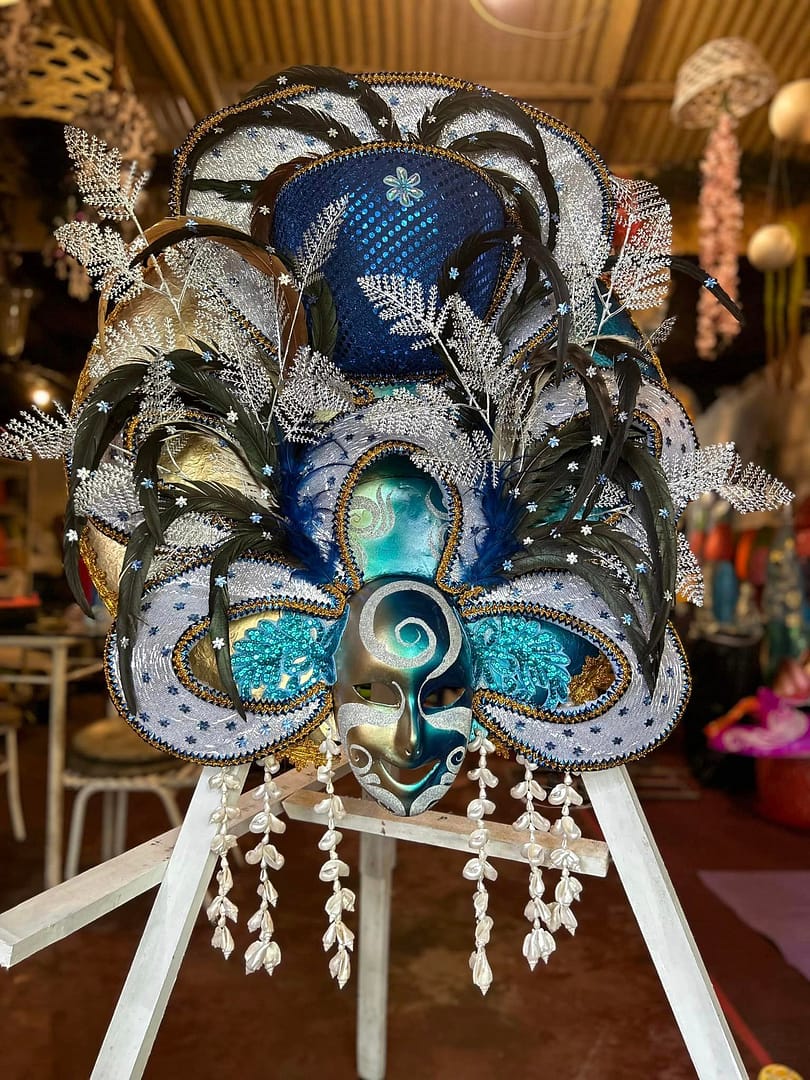
21st century has a lot to offer to us human beings and the society we live in. Gone are the days that the difficulty in communication is such a big problem. We now live in a world that is becoming more connected than ever. Of course, slow clap and standing ovation to the internet. Everything can be reached of our fingertips. Yet along with this benefit is a tradeoff to showcase and reveal ourselves to the public even if it is unnecessary. Freedom of expression. We may call that, but too much information can also be detrimental to our own safety and protection, especially if people have malicious intent about us. So how do you protect your online privacy to safeguard your business accounts and personal accounts? First, be anonymous even in social media. It is not against the law of social media to be discreet about your personal information. Second, be responsible with every click. For instance, there are some sites that would require you to disclose sensitive information like your email account and password or your ATM number. Yes, there are legit reasons at time that you need to provide it but always remember not all of them are true. Third, make use of password vaults. The need to create a very strong password remains a critical step in keeping your personal information safe. Changes brought to us by different factors are always a good sign that our way of living copes with the trend of life, yet it is also a must that we stop or pause for a while and decide whether these changes would be a boon or a bane on our part especially to our security. Be low-key yet wise!
Very well covered…
Yes one has to get careful about privacy online….
Use pin codes/passwords, avoid divulging of personal data like bank accounts, telephone numbers and addresses
Yes!! One of the worst problem that anybody may encounter is depression or anxiety.Many individual nowadays are victims of this problem, and if they cannot stand to this; some are committing suicide. This is now a very alarming event in our society.It needs to be address, because even how bright,famous and well-known personality you can be a victim too.The worst things to happen to any one is to end his own life. This is not acceptable to our society, to our faith as Christian .We need to handle this problem very carefully,if not this will becomes a tragic part of anybody’s life.
As an H.R.M It is indeed our moral and spiritual obligations and responsibility to help the victimsvof this circumtances.
We need to be a brother, a sister,a father or be a mother who always listen let them talk and be their counselor, lend your shoulder to cry,a shoulders to lean on,get their sympathy,be honest to what you are offering.Show to them your sincerety to help,that you’re listening, ready to be a part of their sufferings.Talk to them constantly.Let them know that this and that is still part of a trial. Tell them that you’ve been also suffering from what they’re suffering now.Share to them your past experiences,your sadness,of being alone in the darkness .. Then tell them how you handles it how you surpassed to those trials.In getting out of darkness there’s a big hope of happiness,a success.Tell them that in a distance there’s some one watching them always listening, waiting and offering the best opportunity to live.Some one who knows everything including our problems ,Someone whom we called GOD, our redeemer because in him there’s no impossible!! No secrets .And to have a peace of mind accept HIM let him resides in your heart and He will give you happiness and contentments,your sufferings will vanished and joy will be yours!!.As HR what we need is to GIVE OUR BEST !!LET’S give them THE BEST HOPE.
🙂 All of the suggestions that you gave are splendid.
But, what about cases where people attend social events and pictures of them are taken and shared via social media?
Unless you are trying to promote products or services to the public, then it is a good idea to keep you personal post private. Be cautious. Change your password from time to time.
80% of Filipino adults online are concerned that their personal data may be stolen. It’s time the Filipino people get the privacy bill of rights they want and deserve.
One must know the dos and don’ts on social media. Every time we log in to our social media accounts, we expose ourselves to everyone. We can’t monitor who’s checking/looking into our profiles so it’s better to put little information about personal things. Keep in mind that you can’t trust everybody on social media, some are fake, even the news. Stay safe.
Being in the banking industry requires me to be vigilant, safeguard the information of client and disclosure of any information to non accountholders is a NO NO. I encountered some complaints about fraud. Why is there such a thing? We must safeguard our own personal information as well as our card numbers, the CVV or the Card Verification Value at the back or our card and most importantly sign at the back of the card whether ATM or Credit Cards. It is important that our own personal things are kept in a place only us know. For some trusted people may use it to buy things online and thus we will be shocked that our account has been deducted. Some banks offer online banking where you can enroll and keep track of your money. They have this OTP pin sent to your mobile number to verify that you are the one using it or verify when you are using your creditcard. Furthermore it will notify you, automatically, will hold your account or creditcard if it is not you. By this way, you can be aware of what has been deducted to you when using it online. Also, you need to update or change your password from time to time for safety. You need to authenticate things before you click or post. In addition you need to Log Out when you are not using the site for safeguarding your own identity is a must. Fraud and scams are happening and that is a reality. Prevention is better.
I can’t control how the bank ensure my information (Bank Account, Credit/Debit card). Along these lines, I send charge installments as opposed to giving account number to a third party and maintain a strategic distance from web based shopping if conceivable to dodge misrepresentation. I keep the working frameworks and programming on the PC, telephone and different gadgets up and coming so no history follows left.
Internet is very useful because we use it in many ways and even in our daily routine but some people used it to destroy other and gain money. We must be responsible enough in every personal information that we are sharing because it can be used against us. We must safeguard our online privacy to safeguard our business, accounts, credit cards, etc. We don’t have to post everything about our personal information, we must also have limitations as to when or where to provide those information. We must make sure that the site is reliable and true before providing what is being asked. Make sure to log out your account especially when you are using Wi-Fi in public places or internet cafes because hacking is very rampant now a days. And change your password regularly.
The rise of social media increases the risk of every individual’s online privacy. Through the social media, we are unmasking ourselves to the lurking realm of World Wide Web. This issue affects a wide-range scope and exposure of our personal information could significantly affect our daily lives. With these, we are prone to financial breach, blackmails & death threats, and cyberbullying.
To effectively manage our privacy, listed below are tips:
1.) Secure your desktop security through anti-virus softwares;
2.) Open only trusted websites;
3.) Learn about the methods of scamming [but don’t get involved in scamming];
4.) Avoid spam messages;
5.) Always encrypt important and confidential files, images, document, etc.
6.) Utilize the use of complex passwords, change password regularly and use the application LastPass.
To secure the use of your credit cards,
1.) Use credit card instead of debit card. Debit card have lesser security features compared to credit cards.
2.) Use an alternative card for online use – use loadable cards such as Paymaya cards and other e loadabmembership cards for online transactions.
In today’s generation mostly we rely our life through internet. Just one click away we can buy foods, clothing and book flights that can make our lives easier. But first of all we must keep our privacy secured. Don’t put too much information, scammers trying to trick us. As for my case I don’t usually buy or transact online because of trust issues and what i have see n in the internet. In addition of this just be cautious and wise enough for own privacy.
Privacy is very hard to preserve. Even how careful we are, these online scammers will also keep on innovating. We do not also know that they are more advanced than us especially that some scammers do not act individually, but they act as a company. We cannot also escape this because nowadays, we live on a more “technologize” world. Even the children as young as 4 years old or even younger already knows how to browse the internet.
All i can suggest is to keep your accounts confidential to our children because there’s a tendency that they will just “browse and browse” and “click and click”. If they know our confidential data like passwords, a big possibility that they can give to these scammers the feeling of more than happy.
In current times, sharing and gathering of ideas / information / data around the world is just in one click. All you have to do is to ensure that you have the connectivity in your computer.This may be very interesting and fascinating, and of course very advantageous to all of us. However, on the other side, this might cause us trouble and heartbreaking if not taken cautiously. Thus, there are some few simple steps I can share that might help us protect our privacy online from fraudster.
Let us not over share our personal information on social media. Let us be a good steward of our data / photos / videos that might be used for wrong doings of other people. Let us be cautious and be intelligent enough when there’s a link sent to us. Verification of the authentication and validity of the person / company who / which has sent us the link is a must before giving away all the data they need. Let us be smart about our passwords. And every time we are done of our activity online, let us make a habit to log out properly most especially if we are in a public places which the computer is available to anyone.
Safety measures in using the internet must be taken into consideration. Being vigilant and taking extra care is necessary especially in revealing our identity in the online world. With the advent of technology, our transactions become cashless and processing takes only in just a minute. But we do not know that some of the people in this abusive world are using tactics to hide their identities and making secret schemes affecting the lives of netizens. When using and browsing our emails, remember to think before you click. It is important that we need take care of our real self in the public and we can do that by hiding our real identity and following the guidelines in the privacy settings of each social media account we have. Secure our passwords and PIN by using unique combination of alphanumeric codes.
Preserve your self-worth and self- esteem.
In today’s generation, we all rely on the internet. It makes our life easier with just one click. But the problem is, we are all not aware that the information we shared can be hacked. Hackers are everywhere! So in order to make sure that our private information can’t be hacked we should make sure to logged out all the time. Make it a habit. Just like what the banks put in their “reminders” in their online site, make sure to change your password regularly. As an employee in a financing company, i had heard from my clients how they became a victim of hackers. Their money from their atms are stolen because of their online account. So in order to prevent that, never give important informations in any site. Especially informations related to money and personal safety. Never encode personal informations in computers you don’t trust. I am not even familiar with this, and other terms used in this article about the internet privacy are new to me. Let’s always remember that we should not give out everything. Always keep in mind the term “PRIVACY”.
Nowadays, anything that is free is not safe anymore. The internet is free, no regulations of anything on this type of environment. Guard yourself.
Below are my additional tips for added security and prevention:
1. Change your passwords regularly, different accounts should have different passwords.
2. Do not fall into AdWare(Advertisements with malware) click baits.
3. Do not just give your email for free stuff(Apps, Documents, Access), without verifying the website.
I now live in world were people are so dependent on their internet connection, data, laptop and cellular phones to gather information, their means of entertainment and even store files online. And I’m aware of site being hacked and I can say posting personal informations online is not safe but I still supply personal information online when I’m being asked to. And I’m not that skilful when it comes to online stuff; I didn’t even know that https means secured as per stated in this article; and even the password vault is new to me. I’m just happy that I am able to browse the net, listen to music in youtube and check my facebook account but after reading this article made me realize that I need to be more cautious of the information I share online. For me I guess the best way to maintain my online privacy is to log out all accounts if I’m done using it.
I am a Banker and secrecy of vital and private information of our clients is of utmost importance. Not only other people’s privacy is important, but also yourself. Knowing that my job is on servicing people, it involves money, personal information’s, account numbers and password you name it, its one thing we abide in protecting too!. Aside from the tips above, I can safeguard my privacy online, may it be on social media my personal transactions online or my account number, always make sure what I post or share on my social media account. I always make sure that my work and private life are not mixed up to let every people know about it. When I transact online I do not usually opt to choose in giving account numbers or even card numbers, but as much as possible I always choose Cash on Delivery as mode of payment. And lastly always protect yourself, always be cautious if someone ask you a sensitive and private information that is already a red flag for you to think twice before giving off your personal info’s and details. Because not everyone could be trusted.
I can safeguard my online privacy to safeguard my business,accounts,credit cards, etc., by not sharing everything in social media especially in Facebook, Instagram, and Twitter. These are the sights that are not safe because there’s a lot of people using it and a lot of hackers. Also, by putting passwords to my computer/laptop, and cellphone where my social accounts are logged in can help me protect my privacy. In addition, I need to be wise about Wi-fi especially those Wi-fi in public places. Let’s be cautious in everything we do.
PRIVACY. How far is too far? Is a statement which is much applicable to internet usage. We knew for fact that there were so many incidents of online scam because we reveal too much of ourselves. It’s not a question of what an individual is doing, but it’s more of the identity of an ibdividual and what he/she’s doing. In the latest personality disorder book, 2017 edition, exposing oneself too much in social media, like pisting online, what’s happening to him or her, day inand day out, has something to do with one’s personality, which in return, creating a vatied digital trait of data of who they are. I can’t imagine the exact reason/s, why individual wanted to tell the world of what they’re doing every minute of the da y. In such cases, are we talking about PRIVACY or PERSONALITY.? What’s in your mind?
One of the most breathtaking discoveries we luxuriate in nowadays is the use of internet. It makes our life easier and gives us access to vast and almost limitless source of information. It even connects us to the rest of the world.
But the main question though that we should deal with is, “Is our personal information safe?”
Below are some tips we can use to ensure that we can safeguard our personal information from Scammers, online frauds or extortionists:
1. Prevention is always better than cure.
-If you think and feel that you are making yourself susceptible to identity theft or be a victim of other fraudulent act, do not upload your personal information. You can look for alternative sites that you can use that will not require you to enter personal information.
2. Make “Reading of Terms and Condition” a habit.
-Guilty as charge, most of us are too lazy to read the terms and condition. We are signing up into something without fully realizing the extent of information a specific site/platform can use based on what we have provided. So make sure to always read the Terms and Conditions and assess if it is worth the risk before you input your personal information. Remember that by ticking the tick box and clicking the “I fully understand and agree” option is synonymous to your online signature or authorization.
3. Clear Cache and Cookies
-You should be friends with Cache and Cookies. They will help you a lot. From giving you free and additional data space, removing stored passwords, and even up to protecting you from leaving your online trails. So make sure to say hi and hello to these fellas for they will not just be your friends but also your bodyguards.
4. Use Nicknames and incorrect Date of Birth in setting up Social Media Accounts
-We have to admit, Facebook, Instagram and twitter are already part of our daily lives. If we can’t stop ourselves from using and enjoying these social media platforms, at-least we can stop ourselves from encoding information that scammers can benefit from or can be used against us. Social media platforms are not connected to our National Statistics Office for them to detect that we have encoded a wrong date of birth or if we are using our nickname instead of our real ones. So chill out and don’t feel bad encoding incorrect information if it will give you peace of mind and security that your privacy is safe and intact.
Based on history, human had always have persevered to make everything easy and comfortable. From the development of technology, electronics, internet and even artificial intelligence. However, it is indeed undeniable,that in every advantages we relish for these breakthrough innovations, corresponding disadvantages are inevitable. We just have to be very smart so we can avoid exposing ourselves to high risks. Sometimes, we just have to realized that we can gain to much by giving too little.
– Make LOGGING OUT of your account a habit especially if you are using a public network or internet cafes. Malls, restaurants and a lot of establishments today have free WIFI and this could also be used by hackers to access your online information. Most hacking incidents, at least here in the Philippines, happen after using the internet café and things happened that you forget to logout your social media or email account. This is a big opportunity for hackers to gain access to your private information. You can also CLEAR YOUR COOKIES after you finish visiting a website to not let your computer store information about your online activities.